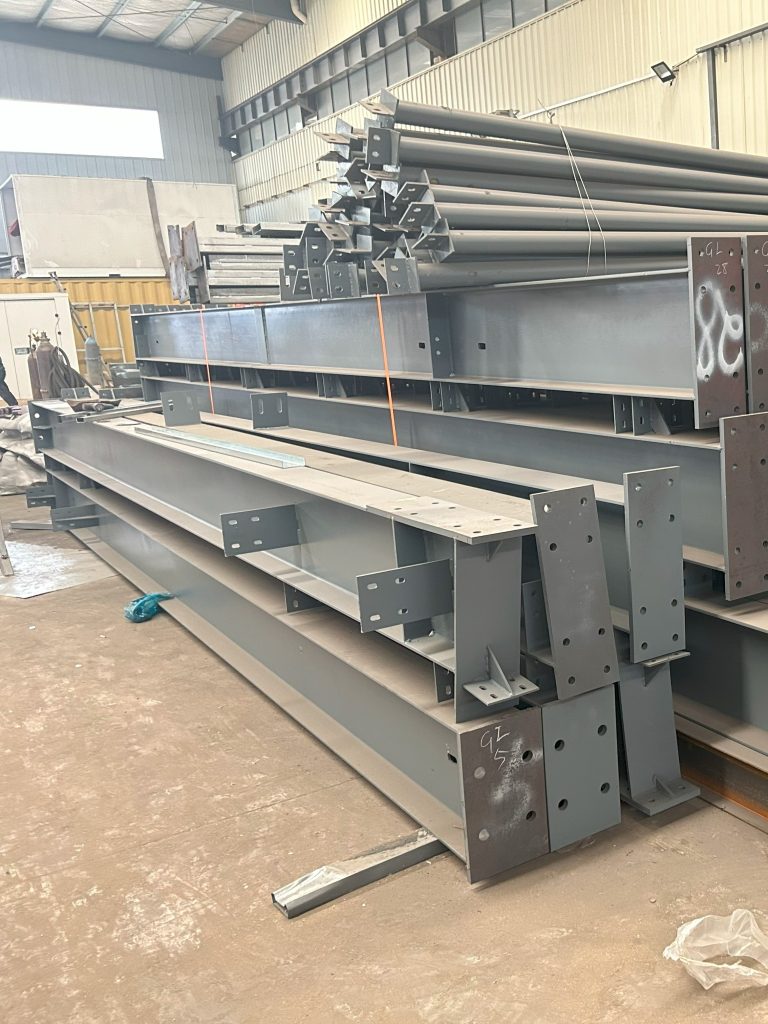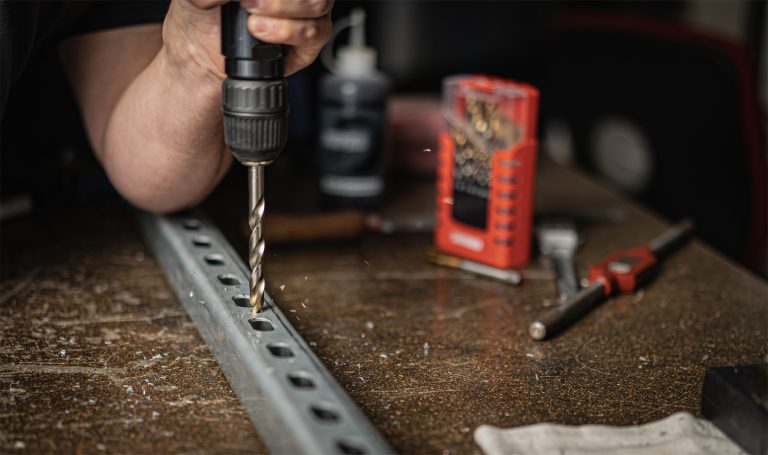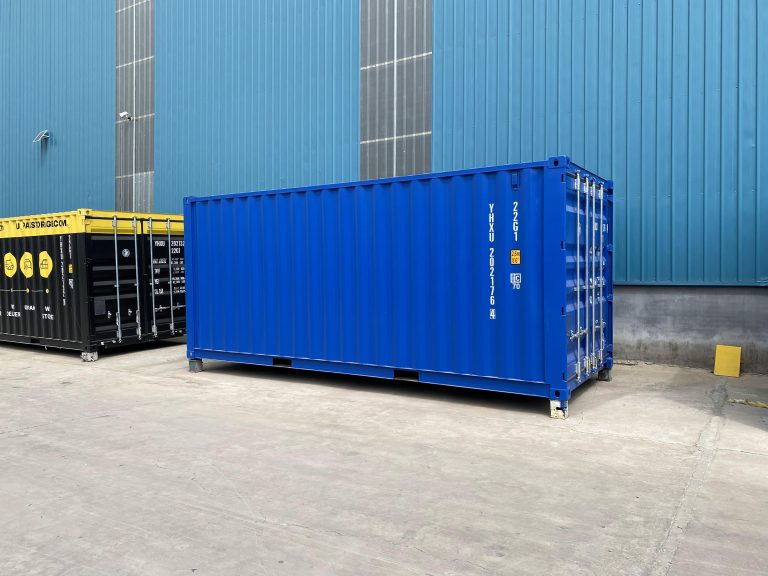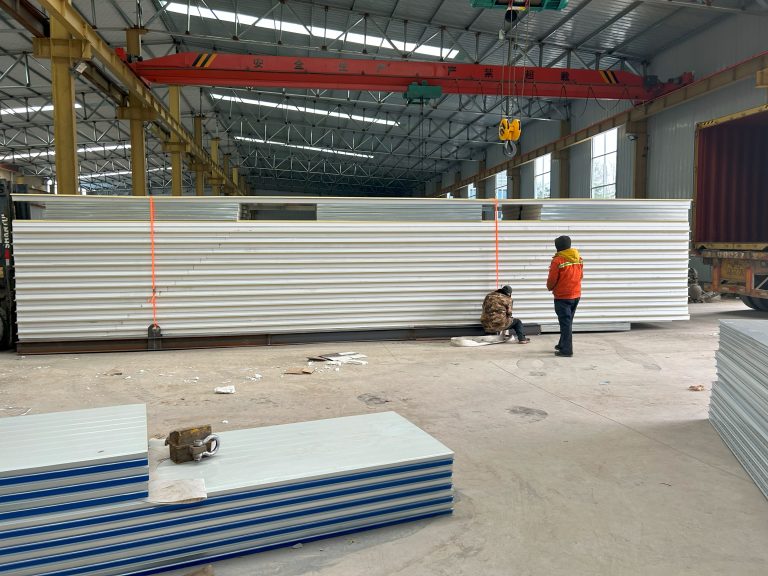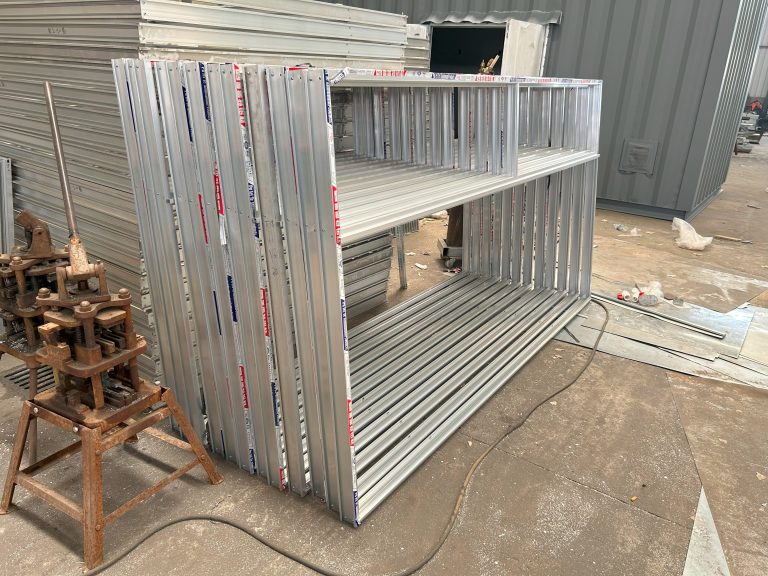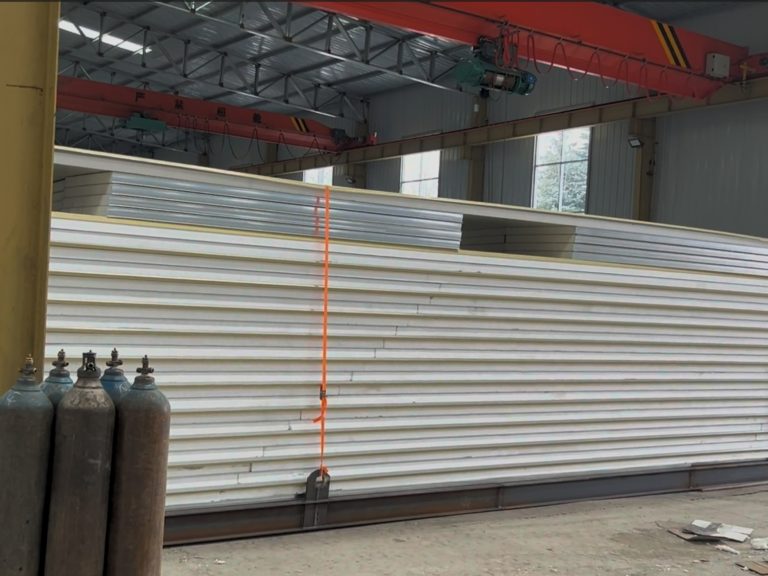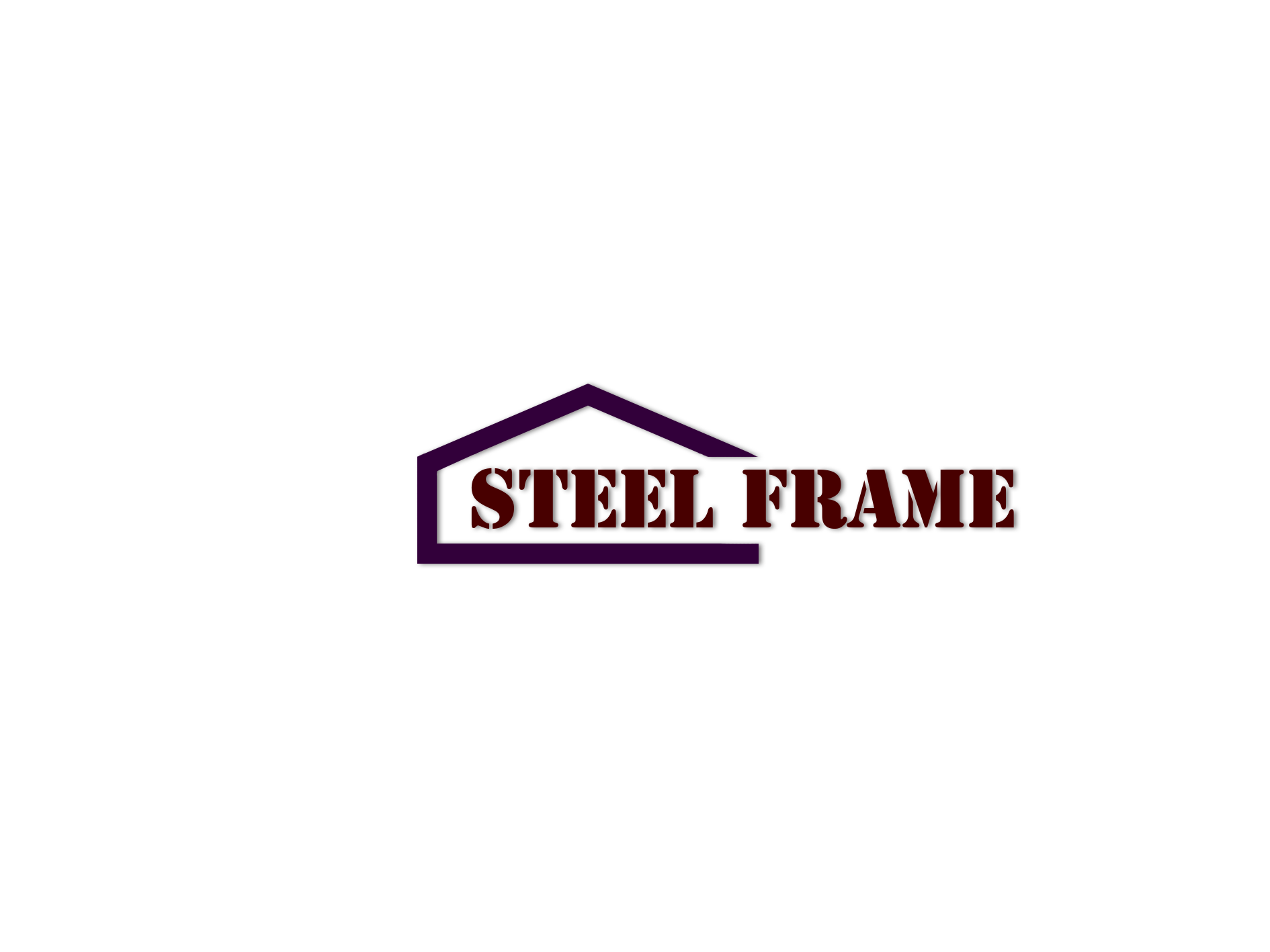How to save the use of building decoration materials through reasonable design and layout of light panels?
Maximizing Efficiency: Tips for Saving Building Decoration Materials through Light Panel Design and Layout
In the world of architecture and interior design, the use of building decoration materials plays a crucial role in creating aesthetically pleasing spaces. However, the excessive use of these materials can lead to wastage and unnecessary expenses. One way to save on building decoration materials is through the thoughtful design and layout of light panels.
Light panels are a versatile and cost-effective way to add visual interest and ambiance to a space. By strategically placing light panels in key areas, you can create a sense of depth and dimension without the need for additional materials. This not only saves on costs but also reduces the environmental impact of excessive material consumption.
When designing a space with light panels, it is important to consider the overall layout and flow of the room. By carefully planning the placement of light panels, you can create a cohesive and harmonious design that maximizes the impact of the panels while minimizing the need for additional decoration materials.
One effective way to save on building decoration materials through light panel design is to use them as focal points in a room. By highlighting key areas such as walls, ceilings, or architectural features with light panels, you can draw attention to these elements without the need for additional embellishments. This not only saves on costs but also creates a visually striking and memorable space.
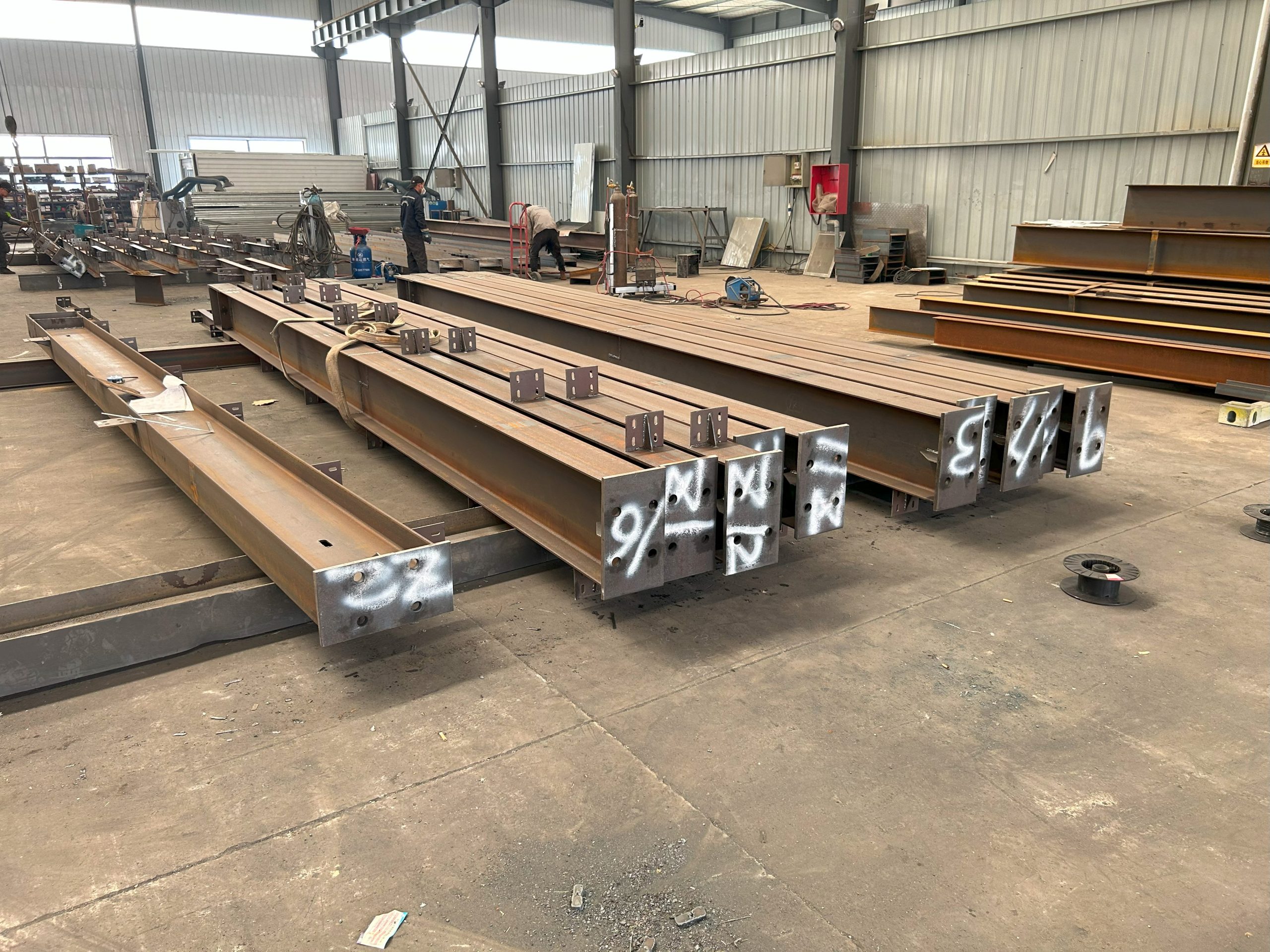
Another way to save on building decoration materials through light panel design is to use them to create visual illusions. By strategically placing light panels in specific patterns or configurations, you can create the illusion of texture, depth, or movement without the need for additional materials. This not only saves on costs but also allows for greater creativity and flexibility in design.
In addition to saving on building decoration materials, the use of light panels can also help to reduce energy consumption. By using energy-efficient LED light panels, you can lower your electricity bills and minimize your carbon footprint. This makes light panels not only a cost-effective design solution but also an environmentally friendly one.
When designing a space with light panels, it is important to work closely with a professional designer or architect who has experience in using these materials. By collaborating with experts in the field, you can ensure that your design is both aesthetically pleasing and functional. This will help you to achieve the desired look and feel for your space while maximizing efficiency and minimizing waste.
In conclusion, the design and layout of light panels offer a cost-effective and environmentally friendly way to save on building decoration materials. By strategically placing light panels in key areas, using them as focal points, creating visual illusions, and working with professionals, you can create a stunning and efficient space that is both visually appealing and sustainable. So, next time you are planning a design project, consider incorporating light panels into your design to save on costs and materials while creating a beautiful and functional space.

